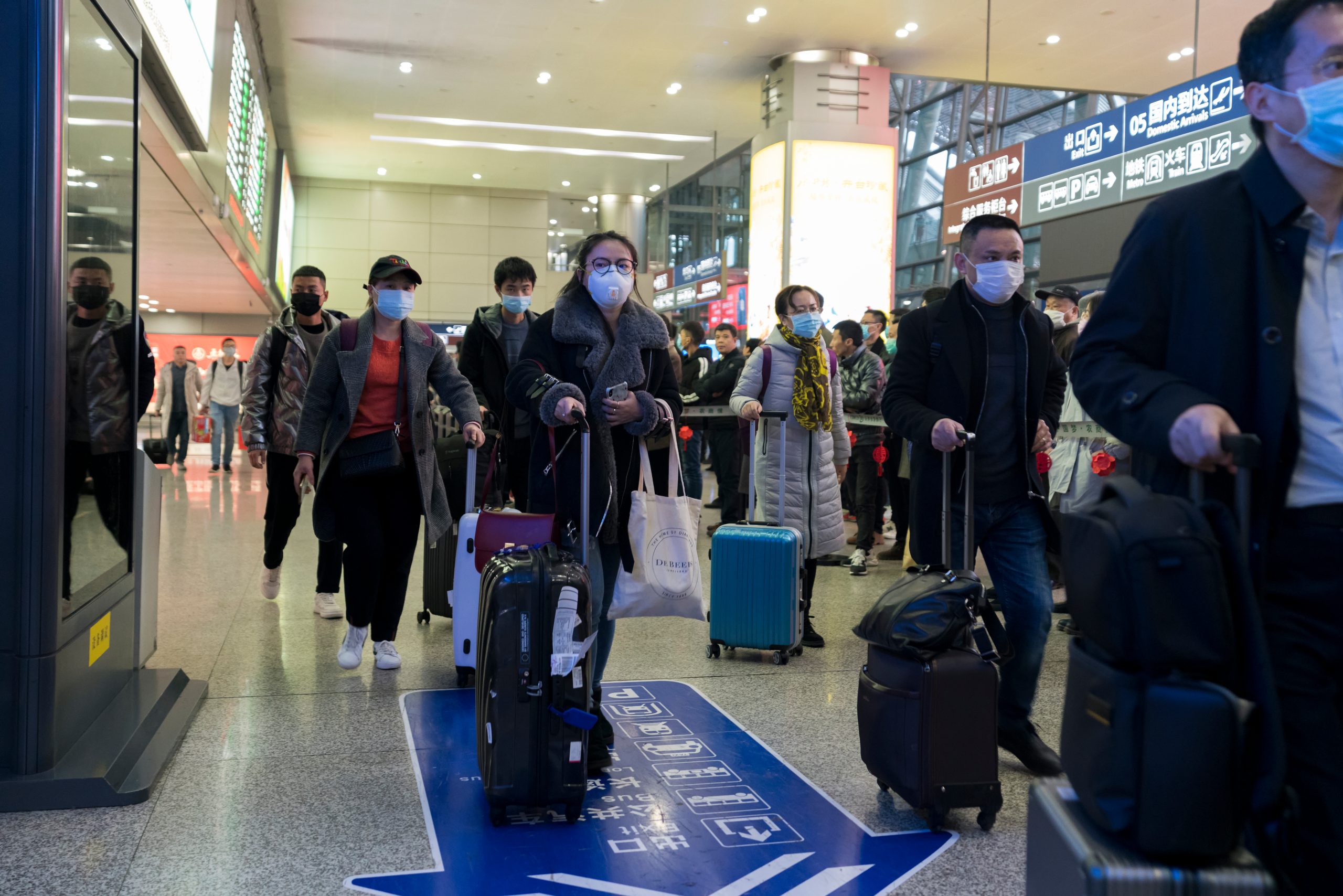Household Bills
Travellers can cut quarantine time – for a fee

From 15 December people arriving in England will be able to reduce the amount of time they spend in quarantine if they pay for a coronavirus test.
Under “Test to Release” travellers arriving in England from countries not featured on the government’s travel corridor list will be able to reduce their time in quarantine from 14 days to five days if they pay for a Covid-19 test and it comes back negative.
The government says the scheme aims to support airports across England as they recover from the pandemic, but also aims to protect NHS testing capacity.
The private tests from providers on a government-issued list will cost between £65 and £120.
The government says the move will give passengers the confidence to book international trips in the knowledge that they can return home and isolate for a shorter period if they have received a negative test.
Under the ‘Test to release for international travel’ strategy, passengers arriving into England by plane, ferry or train should book their test before they travel. They will still need to self-isolate for five days before taking a test – rather than taking it at their port of arrival.
Grant Shapps, transport secretary, said: “We have a plan in place to ensure that our route out of this pandemic is careful and balanced, allowing us to focus on what we can now do to bolster international travel while keeping the public safe.
“Our new testing strategy will allow us to travel more freely, see loved ones and drive international business. By giving people the choice to test on day five, we are also supporting the travel industry as it continues to rebuild out of the pandemic.”
Passengers will be able to book a test from a provider on a Gov.uk list before arriving in England. If they choose to book a test, they will need to state this on their passenger locator form prior to arriving and then go straight into self-isolation at home as usual. If they choose to opt in after arrival, they will need to resubmit their passenger locator form.
They can then take a test on or after day five of the isolation period either at home or at a private provider’s testing site, and on receipt of a negative result, can immediately finish self-isolating and return to following domestic rules.
Those choosing not to take a test when arriving from a non-exempt country must continue to follow the current self-isolation requirements of two weeks.
Mark Tanzer, chief executive of ABTA, said: “The test to release scheme in England should help to make overseas travel more attractive and manageable for both holidaymakers and business travellers. We know that Foreign Office advice and quarantine requirements are major impediments to travel, and there is an urgent need to remove these barriers as fast as is compatible with the government’s domestic health strategy. The outbound travel industry has been hit early and hard by the pandemic and we hope that test to release will help get people travelling once again.
“Since the start of the pandemic ABTA has strongly argued for having a testing regime to cut quarantine and boost consumer confidence, so we’re pleased The Global Travel Taskforce has recognised the urgency of the situation, and responded.”